Jocelyne Cardona ’14 is the student that most liberal arts schools would love to advertise. In fact, her face currently adorns the Macalester homepage. The senior has had enormous success in her time at the college. Just recently, Cardona was awarded the prestigious Global Citizenship Award. In her time here she has chaired the Dare to Dream Conference that proposed changes to college admissions, and among other things, she is co-chair of Adelante!, a Latin@ culture group.
For the most part, though, Cardona understands her experience at Macalester to be shaped by acts of subversion.

“I hated Macalester,” Cardona admits, “but ultimately I’m happy because it’s been a learning experience for me. I’ve learned how to navigate spaces that were never meant to serve me. That is one of the things that I am taking away.”
In her first week of school, Cardona was assigned a typical homework assignment. As she left the classroom with fifty pages of reading in hand, she felt a familiar sense of alienation. To her, the article, pre-stapled and daunting, was nearly indecipherable. She worked for hours trying to translate single sentences of academic jargon. She was expected to finish the reading for the next class.
Cardona was being immersed in a world that conducted itself in a language she had never encountered. It was one she would be required to learn, and quickly, if she wanted to leave Macalester with a college degree.
“I grew up speaking Spanish and English,” Cardona said, “but when would I ever read language like this? I felt defeated.”
Far from home, Cardona has often imagined her father, a self-employed electrician, working hard in attics while she studies theory in Minnesota, her hands kept clean. Both of Cardona’s parents emigrated from El Salvador during the civil war. Neither were able to receive an education past middle school. The suffering caused by the war is a part of her family’s collective memory and has inspired her father toward his pursuit of the American Dream. His hard work, and the work of Cardona’s mother, is what provided all three of their kids the opportunity to receive a college education.
Still, his daughter is unable to buy into this vision of the country.
Cardona can remember nights when she and her mom would climb into the car, head south on the main road and park near a homeless encampment where they expected to find her uncle. For a moment their eyes would desperately scan the crowd of bundled men and women, each masked by overcoats and hats.
“There was always that moment when we think that we might not find him – that’s why I don’t believe in the American Dream.”
Her uncle is undocumented, dehumanized by the label “illegal,” and has not been able to find work since he came to the U.S. years ago.
Now, when she speaks of the struggles that she and her family have faced, Cardona uses phrases like “structural racism” and “systemic oppression.” Such terms can be found in the books she reads for her classes in the American Studies department. In some ways, this elite academic language has given her the opportunity to do work that contributes to the elimination of the discrimination that she has faced.
Still, she struggles daily with what she has learned in the process of becoming fluent: “I have learned that institutions of higher learning are not meant at all for students of color, [and] they are not meant for first-generation college students,” Cardona says, “and I am both of these things. That is already working against me. That did not ensure that I felt comfortable in this space.”
In Macalester’s Department of Multicultural Life (DML), administrators and mentors attempt to communicate to first-generation students that the life experience that they bring to the table is invaluable. The desire to have a diverse campus life implies the willingness to hear diverse voices in the classroom.
The DML counselor, Sedric McClure, came to Macalester in 1994. McClure himself was a first-generation student when he attended Southwest State University in Minnesota. He moved here from Florida. “There is a difference between knowing it’s cold in Minnesota, and living in this cold,” he jokes.
Similar to the weather, it took McClure some time to adjust to the reality of college. A student can know what they need to do in school, but in practice, skills like time management, research methods and financial accounting can be difficult to navigate when you lack guidance from people who have done it all before.
“I didn’t even know that I needed to fill out financial aid forms until my coach pulled me by the ear and told me what to do,” McClure recalls about his own college days. In his time here, he has made it a goal to assist students with these small tasks and others, when they may have no blueprint at home.
Cardona acknowledges that efforts made by the DML and other groups are, in part, what saved her: “I would not have stayed at Mac if it was not for the DML or Adelante. I wouldn’t have stayed and I might not have finished college.”
It was a sense of defeat and deficiency that drove Cardona to apply to transfer colleges after her first semester at Macalester. Fortunately, it didn’t take long for her to find a family and support network away from home. At Adelante! meetings she is reminded that she was not alone in her past experiences, or the ones that were troubling her at Macalester. She has found mentors who repeat affirmatives: you are smart, you have something to say and you have something to contribute. Cardona follows close by with professors in the American Studies department who provide an example of success that she has never seen before; here are women of color with the power to produce knowledge.
“I think that is what has informed my activism on campus – just knowing how important mentorship is and how important information is,” she says, “I wouldn’t be here talking to you unless I also had those pieces of information given to me. I fell into these things somewhat accidentally.”
The most important function a support group can have is to enforce confidence and provide a space for conversations that may not be facilitated elsewhere. The DML focuses on fostering a space for students to talk about their identity, including race, gender, sexuality and class. It is important, McClure says, that students don’t just learn to adjust. Instead, he hopes they can contribute in their own way to the Macalester community.
“How are they going to fit in the flow, in the stream of things and not get totally consumed or washed away in that process,” McClure asks. “What capital do [first-generation students] bring to the table that is going to contribute to a broader story?”
For Cardona, on a practical level, this openness has been hard to come by – especially in the classroom.
In her assignments for class, Cardona slips in sentences of Spanish, refusing to italicize this language that she feels belongs in her writing. She sometimes works poetry into her academic papers. She writes essays addressed to her professors about the production of knowledge and value of different kinds of input.
But the confidence to assert her own experience and knowledge in the classroom setting did not come immediately. For years, Cardona was alienated, forced to question her own capacity to succeed.
“I felt like I couldn’t say what I wanted to say. I felt dumb. I felt like I was not smart,” she said. “I felt like what these people were saying was way over my head. And certain professors made me feel that way.”
Macalester expects that in just six years, tuition will rise to $70,000. This number is based on the fact that they expect a significant number of the college’s students to have the means to pay the full tuition.
In a time when the stratification between those who can and cannot pay for college is exponentially increasing, the efforts toward inclusion and diversity in class, gender and race need to be redoubled. As a part of the committee for inclusion at Macalester, Cardona has been advocating for very simple adjustments.
“I suggest putting PDFs on the admissions page in Spanish or simple things that are just so important,” Cardona said.
Cardona understands herself as privileged with an education that many, including her parents, are not so lucky to have. But this privilege is also one granted to her by an unfair system. It is a system that, in her mind, intentionally works to separate the privileged from the underprivileged. From the moment she graduates, she will be working on translating her experience in college to real change that will lend assistance and framework to students like her.
“To use our educational privileges to create spaces of dialogue. That was something that needed to happen,” Cardona declared. “Coming to Macalester and doing this work, I had no choice but to do it. Why would I graduate and not use to privilege I have to open up spaces for change, that include the voices that need to be heard. That is imperative. That is how I think about my activism.”
This year, on graduation day, Cardona’s extended family will travel to Macalester for the first time. They will make the expensive trip to Minnesota to watch her receive awards, and a degree. This is a moment of incommunicable significance to Cardona and her entire family. On one hand, Cardona will be celebrating all that her parents have done to get her to this point.
“Without them, I would not be here at all,” she acknowledges, through tears. “Now I can finally give them that piece of paper, it’s just a piece of paper, but they had to give up so much in order for me to stand up there and receive this recognition.”
On the other hand, she will be celebrating her own success.
“For me to be able to graduate is for me to be able to tell the system pretty much ‘F*** you. I got through this and you didn’t push me down.’”



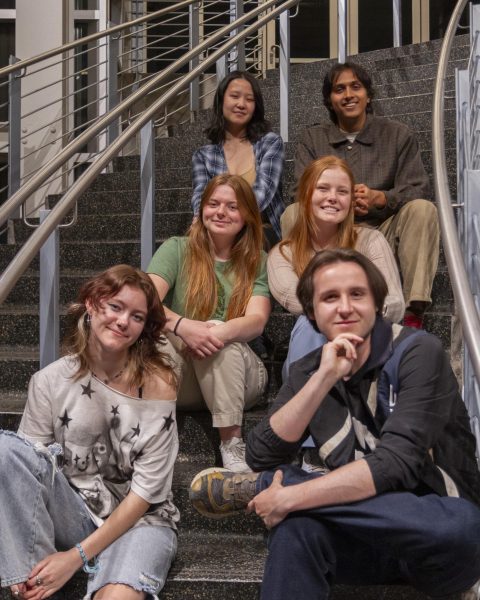
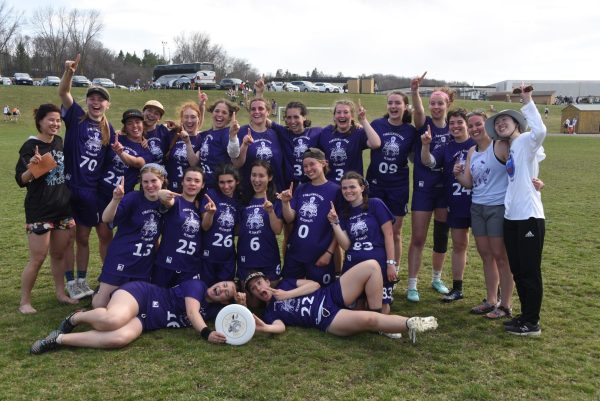
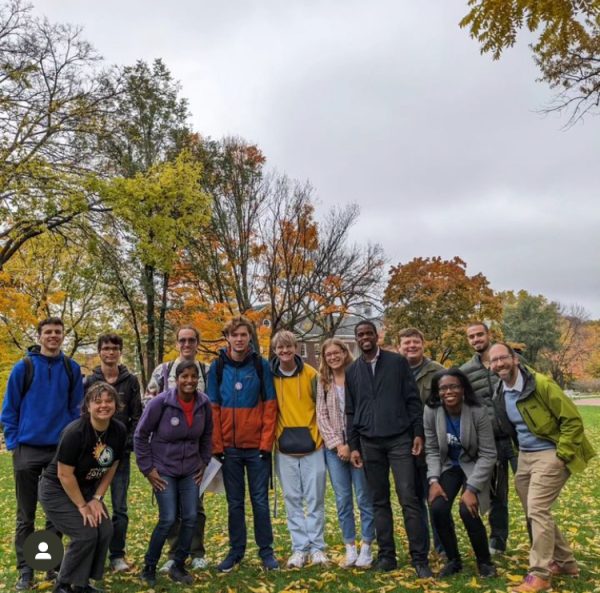



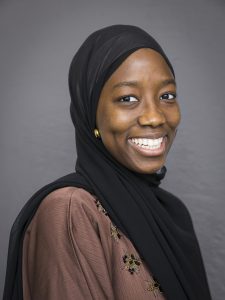

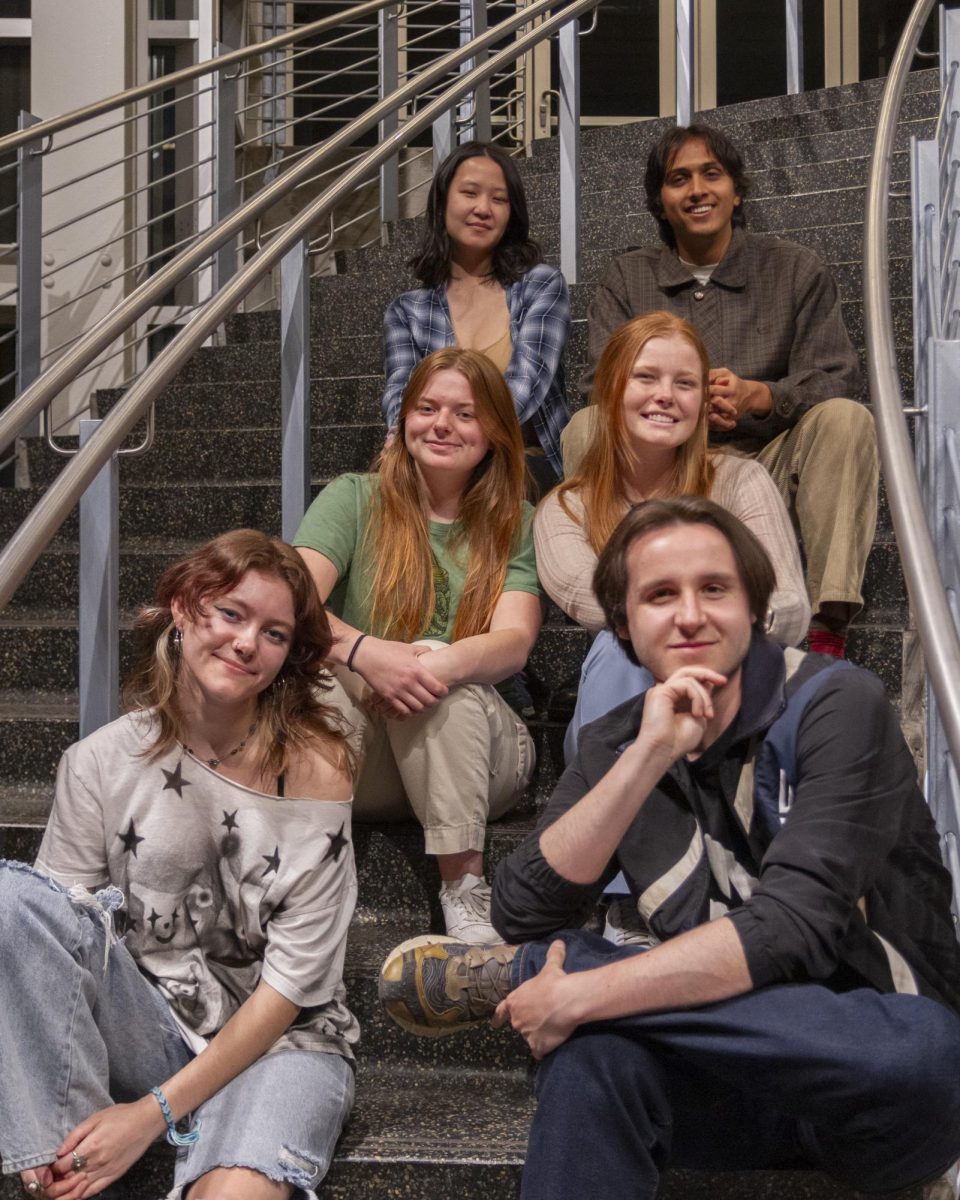
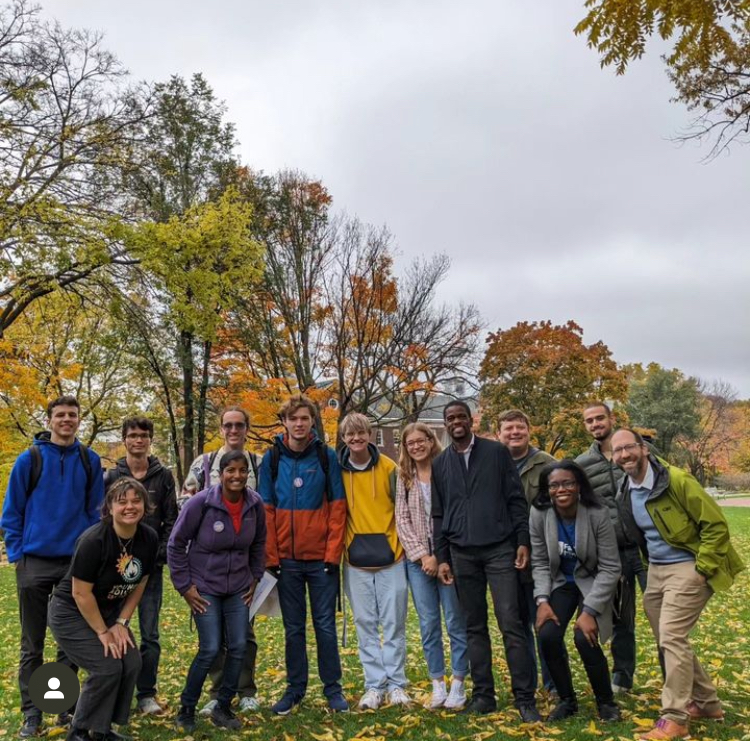



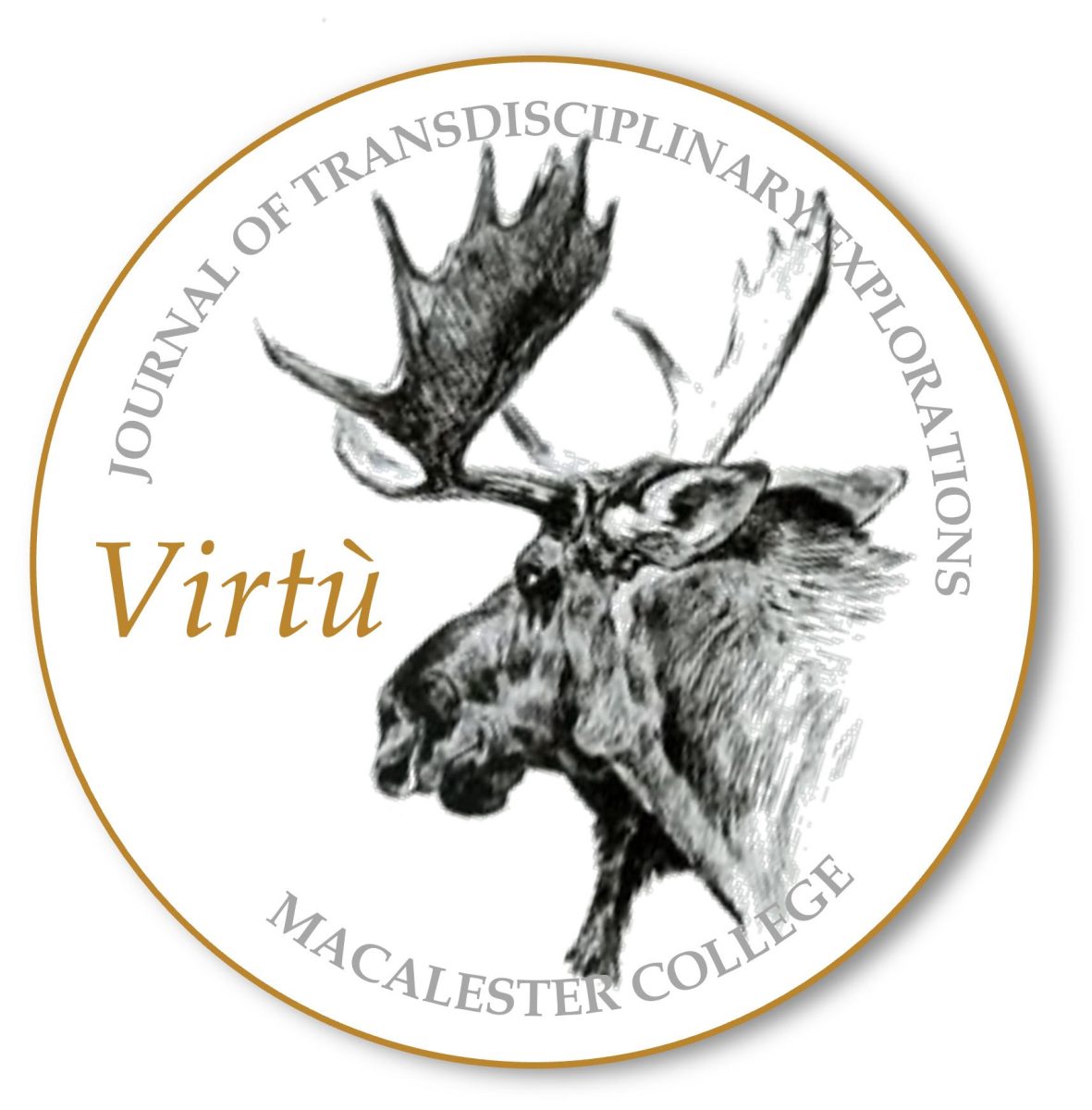
Katherine Nolan • Sep 7, 2019 at 4:58 pm
Asking questions are truly nice thing if you are not understanding something completely, except this paragraph gives fastidious understanding yet.